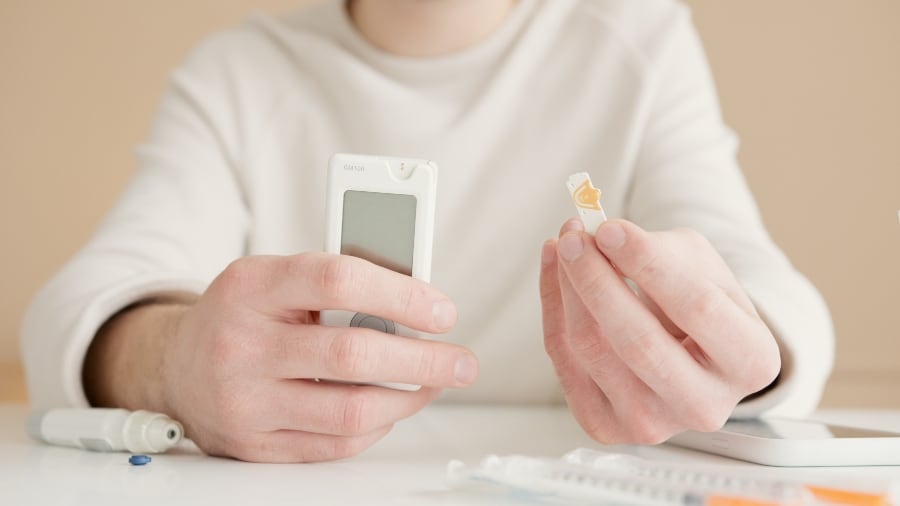NHS Confederation and Google Health report reveals a larger role for health tech in the future
NHS Confederation and Google Health have released a report on the role of technology in managing, improving and supporting health and wellbeing.
With the health and care sector at a crossroads, the time has come for an ambitious new social contract that empowers the public to take greater control of their own health and experience of care, says NHS Confederation.
The Google Health report revealed that many individuals are not confident about using technology to manage their health, leading to a fear that they may be locked out of healthcare if they cannot access or use digital tools.
It was also clear that while the vast majority of people use some form of health technology and find that useful, they are not totally satisfied by what is currently on offer. People think there is a larger role for health technologies in the future; many are not confident in using them now.
Across all age groups of respondents, more than 72 per cent would use technology to avoid hospital admission, with a similar proportion happy to use technology to monitor their health and share information and data with their doctors.
Furthermore, Google found that people want more control over their health but need their actions, and the tools they can use, to be endorsed by healthcare professionals. They also want to make better use of health technology, but not at the expense of face-to-face contact with their doctor or other healthcare worker.
Three areas emerged as necessary building blocks that could enable greater patient empowerment: digital access and inclusion, patient satisfaction, and user confidence.
The next phase will explore health leaders’ and practitioners’ experiences and views and identify practical examples that speak to resetting the social contract between the public and the NHS.
Jonathan Abraham, CEO of Healum, an AI powered patient management system that enables healthcare providers to deliver personalised care and support for patients, spoke on Google’s panel at NHS Confederation Expo in Manchester on 15 June. He spoke about Healum’s latest study on type 2 diabetes patients, which when using a digital health plan were able to lower their blood glucose levels by an average of 7.37 per cent, compared with an increase of 2.05 per cent for a control group who just received standard care.
Earlier this year technology giant Microsoft revealed at its 13th annual Microsoft Ability Summit that it was expanding its 3D printed grips for pens for people with reduced mobility, and would be launching a tool to help creators produce more inclusive content, and making its screen reader interact seamlessly with accessible accessories.



